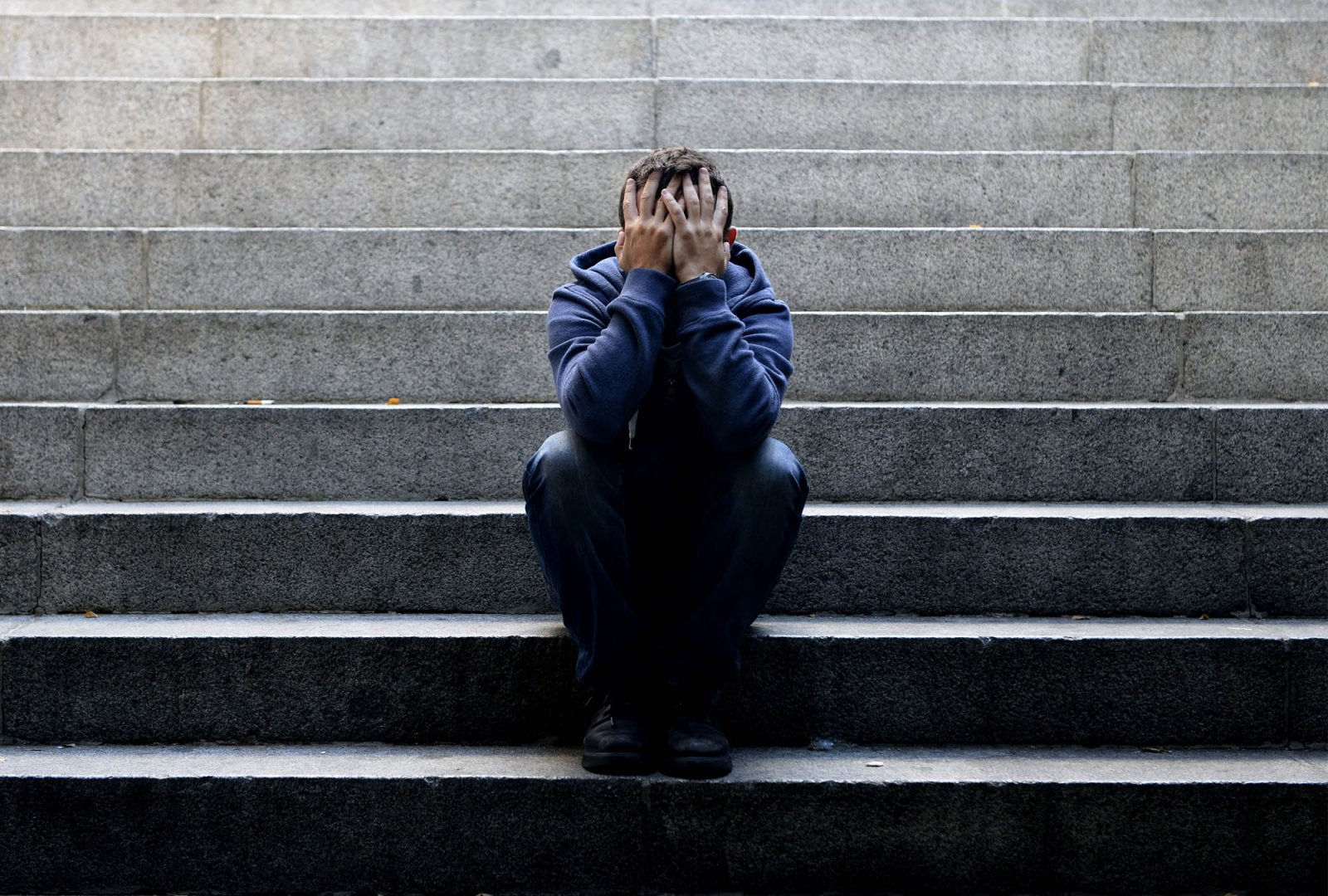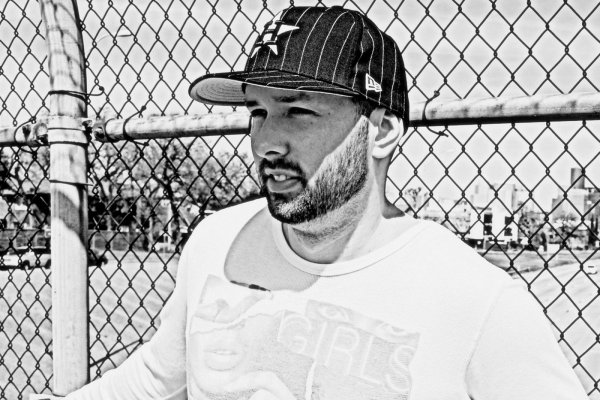The Silent Killer: Depression in the Music Industry
“The saddest aspect of life right now is that science gathers knowledge faster than society gathers wisdom” - Isaac Asimov
We all have days when we’re in a funk; days when everything is one numb, unending black cloud of despair. But the difference between that and depression is the ability to lift our mood. Depression is categorised (in simple terms) as a low mood lasting for an extended period which affects daily living. According to UK mental health charity, MIND, depression can be thought of in terms of a scale from mild to severe. Mild depression is therefore a fairly innocuous state perpetuated by a feeling of pointlessness and low mood, whereas at the other end of the scale, severe depression can ultimately end in suicide.
Depression is still regarded as a taboo subject in dance music circles despite it’s recent media attention. Thing is, when you hear about some major celebrity ‘battling depression’ your first thought is normally “what do they have to be depressed about?” You might even be forgiven for thinking (certainly in Russell Brand’s case) that having a mental illness is seen flippantly in those lofty circles as some must-have existential fashion item - all the cool kids are bi-polar now, dahling! But the reality of living with depression is hard and seemingly more prevalent in the creative spheres of our society.
Unsurprisingly, musicians appear to be more likely is become susceptible to depression citing lack of payment, frequency of work and working conditions among a multitude of other parameters as factors that weigh heavily. A report published in 2014 by The Mental Health Foundation (UK) highlighted that 1 in 6 adults experience the symptoms of a common mental health problem, such as anxiety or depression every week and around 20% of UK adults have considered taking their own life at some point. In fact, according to the 2013 Global Burden of Disease study, mentioned in the MHF report, the predominant mental health problem worldwide is depression, with the causes for such widespread prevalence centring mainly around socio-economic standing, employment, self-fulfilment and other factors.
A pilot study by Help Musicians UK showed of the 2211 people aged 18-35 that volunteered, 69% admitted to having suffered depression, which when correlated against official Government findings by the Office of National Statistics between 2010 and 2013, showing that nearly 1 in 5 people in the UK (19%) currently suffer with depression or anxiety, it made musicians over three times more likely to suffer mental illness. Their report also highlighted the physical implications (like musculoskeletal conditions and skin complaints) that depression can manifest due to the poor working conditions, anti-social hours, lack of recognition, gender bias and irregularity of jobs.
Adding to the struggles of the jobbing musician is that mental health is not something experienced in a vacuum. Indeed, for many, their mental health problems are masked by addictions. Drink, drugs, sex, gambling and any number of other vices dissuade the casual observer from the crux of their problem, and in their anaesthetised bubble, life may actually proceed with some semblance of order. Just look at Keith Richards.

Funkagenda
Bravely, Funkagenda, a UK-based DJ, was one of the first in a long while to bare his soul to the media regarding his long battle with addiction and depression. This lead to many other artists coming out with their stories and the narrative changing slightly. Last year, UK house producer Ben Pearce cancelled a tour explaining on his social media channels that depression was the major cause, followed by Drum n Bass producer DJ Fresh, who quit music altogether. And in March this year, UK Grime artist Stormzy spoke of his struggles with mental health - although the cynic in me wonders whether the timing of his album release and his ‘frank and honest’ statements were entirely coincidental. In any case, depression continues its prevalence and continues to impede the lives of a great many, and only by talking about it and educating each other will the spectre of mental health be defeated.
Recently, The Association of Electronic Music and Help Musicians UK joined forces to unveil Music Minds Matter, an industry-wide campaign for setting up a 24/7 mental health support service for people working in Music. AFEM Ambassador, Nicole Moudaber believes tackling Mental Health head on is of the up most importance and pledged her support, “We’ve all been affected at some level, or we know people who have, and we need to talk about it, bring everything out into the open and reduce any stigma surrounding mental health issues.”
In preparation for this article, I spoke with a few of my industry friends to get a sense of what it’s like for high profile celebrities to deal with the stresses of modern public life. Robin Lee (Co-Founder of Faze Action) knows a thing or two about celebrity life and dealing with ongoing depression. We spoke for quite a while and he was very forthcoming with his answers. “I always wondered if young people with depression turn to music because it's always there. It's reliable I mean.” He said, “My particular depression came about in my teens due to issues related to trust and friendship/loyalty. The piano was always there. As was the cello. I got out what I put in - it’s the perfect relationship.”
For men, depression, or any health complaint for that matter has to undergo rigorous and personal societal means testing. What I mean by this is that we subconsciously have to consider normative behaviours and gender biases before allowing ourselves to opine our illness or disease. Aphroditi Zartaloudi, an eminent Greek psychiatrist writing in the Health Science Journal (Vol 5, Issue 3 (2011)) writes that men are more likely to suffer (ill health) in silence because “When it comes to health, it matters whether you are a woman or a man. Research shows that both sex (biologically based differences) and gender (the socially constructed roles ascribed to men and women) have a profound impact on determining health status.”
Citing, among others, Heppner (1995) and Pleck (1995) Zartaloudi explains that it’s these pre-programmed gender stereotypes that prevent men feeling able to not only acknowledge their problems, but also to seek help for them. Easier it seems to drown your difficulties in a bottle or with a sniff of magic powder. Yet, that only really tells a portion of the story. Inasmuch as we are all indirectly susceptible to socialisation, we still retain the power of free will. It’s through that that we can buck the trend so to speak and seek the right kind of assistance. And it’s this that the stigma of mental health seems to cling on to. Only by continuing to talk about it and educate each other on the causes and experiences of mental ill health will the spectre of psychological illness finally be broken.
Let the dialogue begin…




